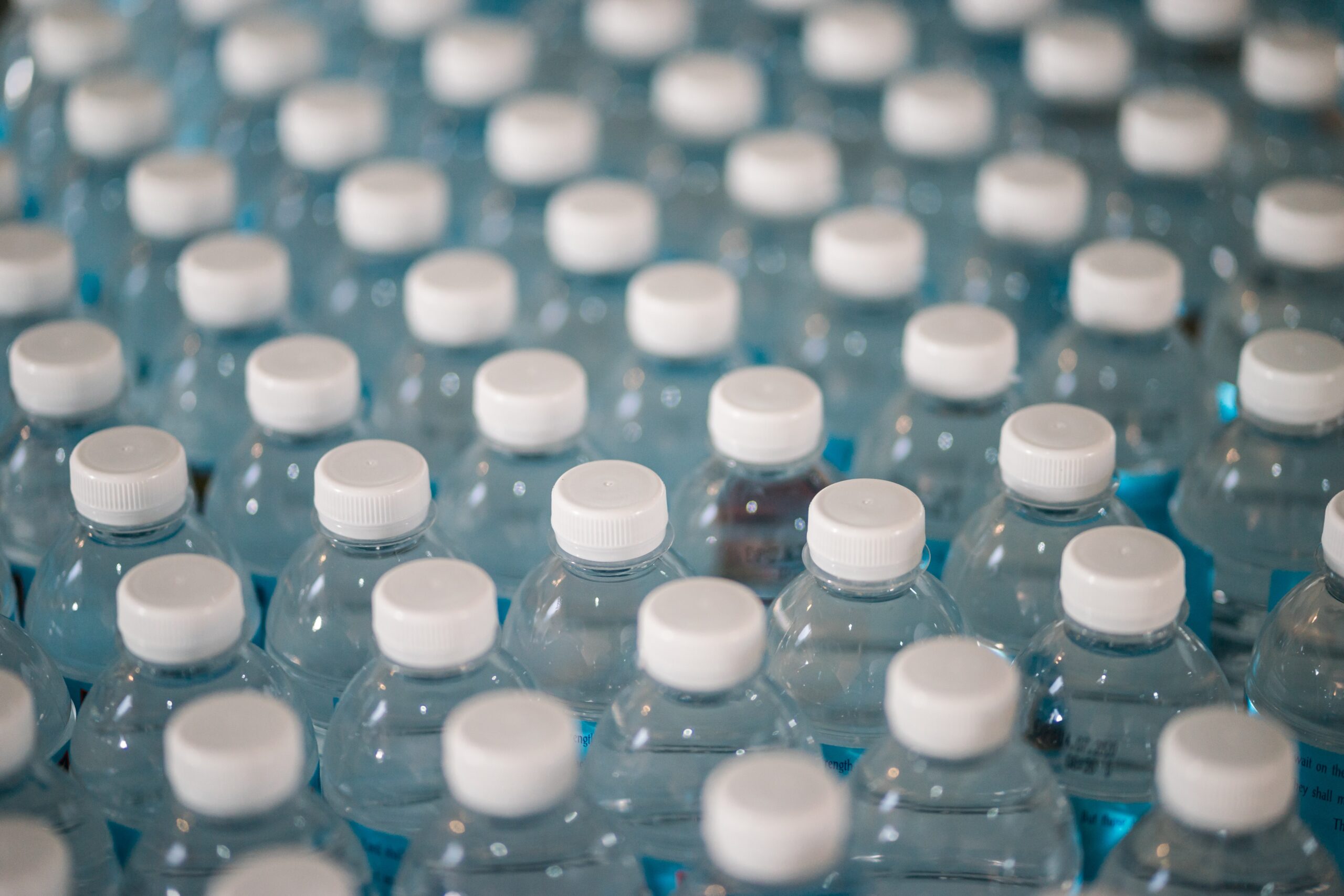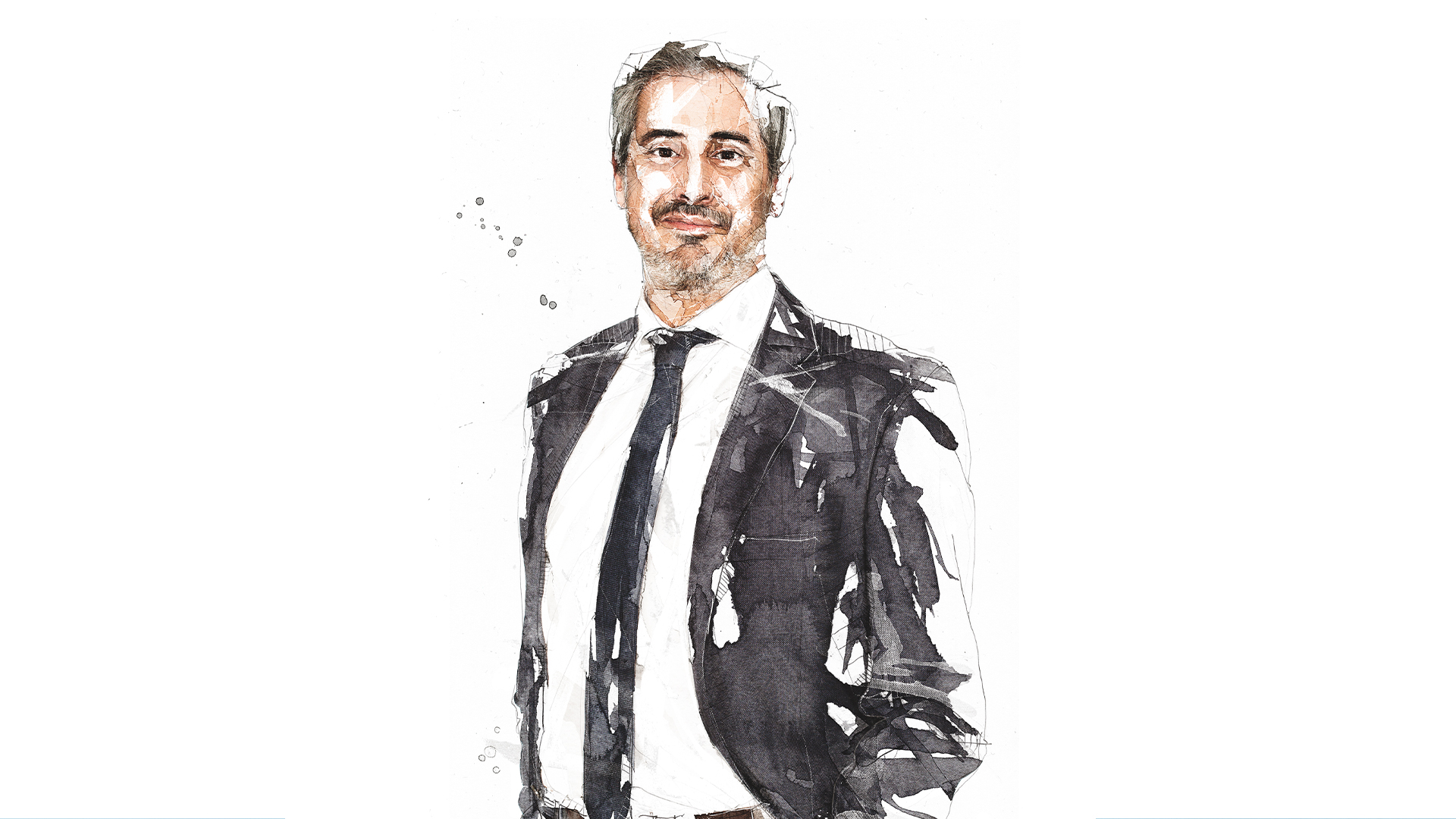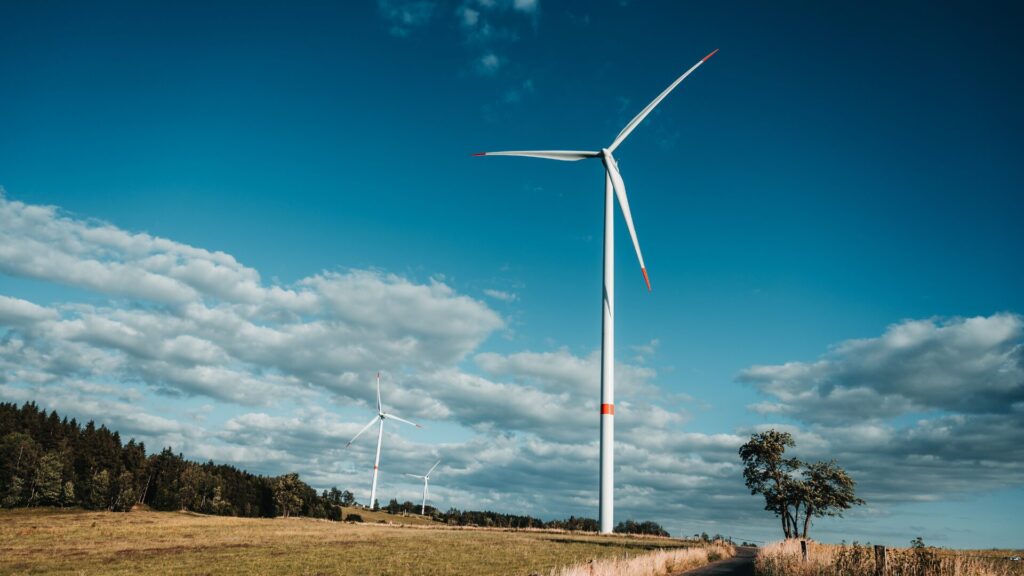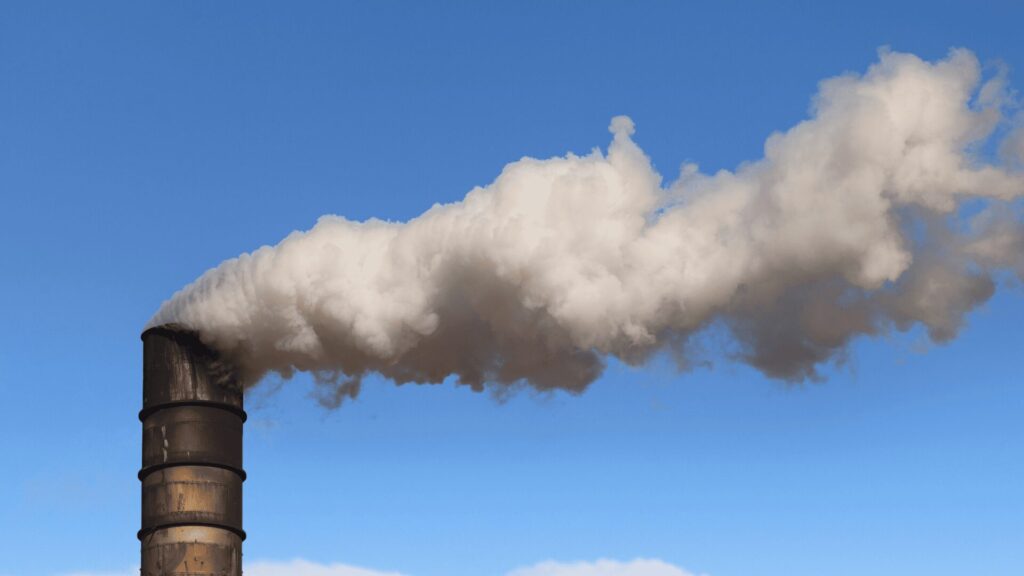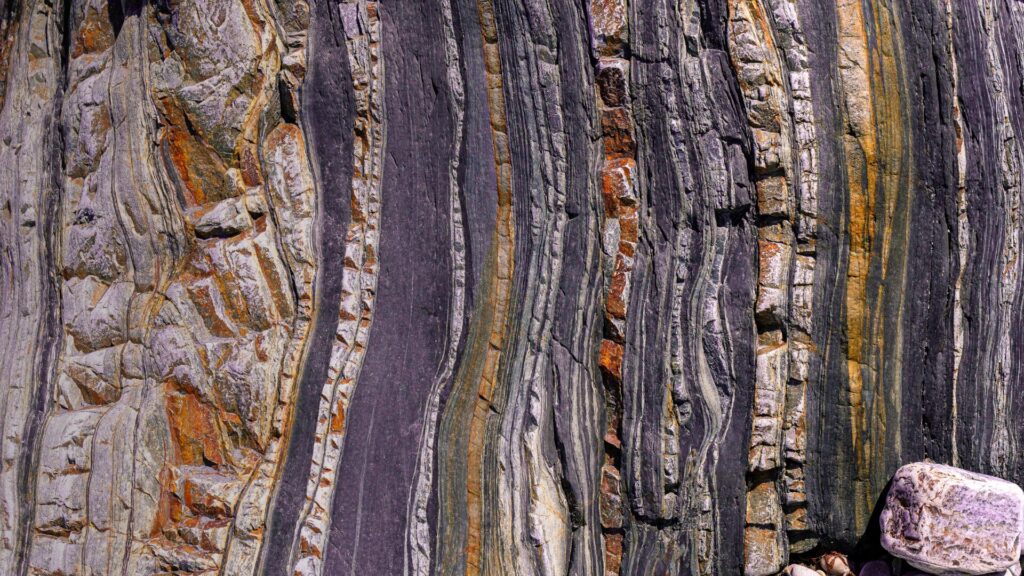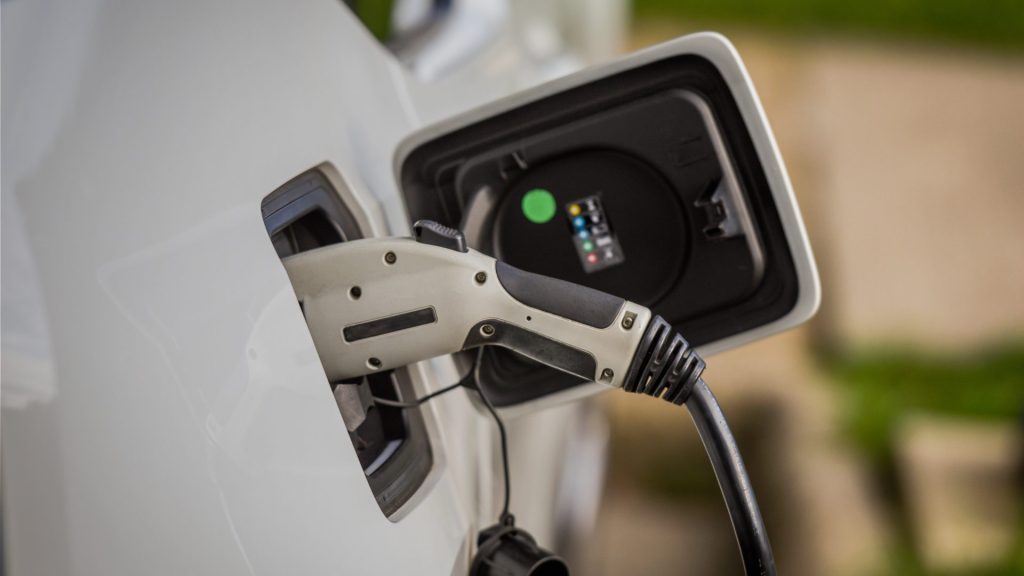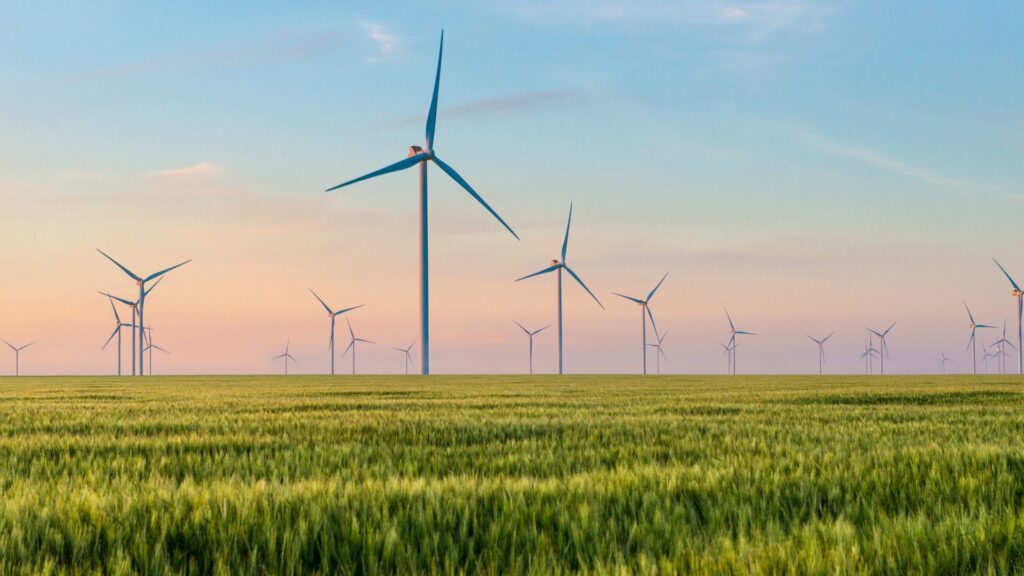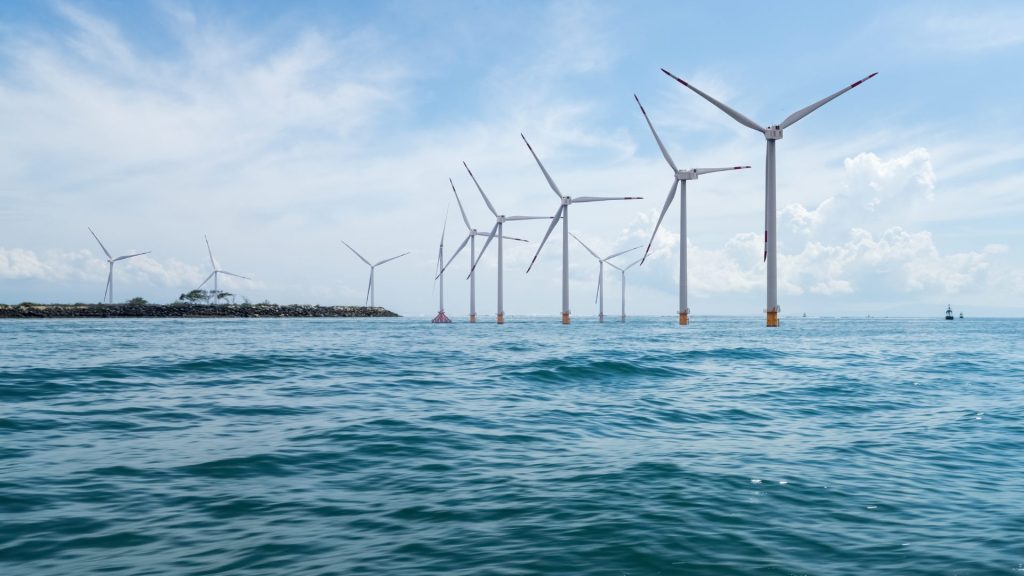Amendments to the General Waste Management Regime
Decree-Law no. 81/2025 of 22 May was published today, introducing amendments to the General Waste Management Regime in response to the infringement procedure brought by the European Commission against the Portuguese State, due to the incorrect transposition of the latest revision of the Waste Framework Directive.
In addition to clarifying wording on producer responsibility, this amendment introduces adjustments to certain operational rules regarding the treatment of hazardous and non-hazardous waste and market separation, as well as other detailed changes to waste management planning provisions.
The main changes are as follows:
-
The definition of “urban waste” has been revised. Previously, the LER codes corresponding to this type of waste were only included in the subparagraph concerning waste from small businesses and services. These codes are now integrated into the broader definition of “urban waste”, establishing a normative division between waste originating from households and from small businesses and services.
-
A definition of “non-hazardous waste” has been introduced, designating waste that does not meet the criteria for hazardous waste. This is particularly relevant for clarifying the scope of operations for non-hazardous waste management operators.
-
In cases outside the scope of urban waste, where it is not possible to identify the producer of the waste for the purposes of assigning management responsibility, Article 9(3) now extends that responsibility not only to the current holder — as previously established — but also, in line with the Waste Framework Directive, to any identifiable previous holders.
-
Article 17(2) has been amended to clarify the required content of waste prevention programmes.
-
Article 18(3) has also been updated to specify the required content of waste management plans, which must now include a dedicated chapter on packaging waste management, in accordance with the new Regulation.
-
Article 23(7) now provides that food waste levels shall be measured by the National Statistics Institute (INE).
-
Contrary to the previous provisions, Article 36(10) now prohibits the incineration of residual fractions from the selective collection process in the event of equipment failure or maintenance of higher-tier treatment systems. Recovery of such fractions is now only permitted in cases of strict environmental impossibility to carry out a higher-tier operation — not in cases of failure or maintenance.
-
A new paragraph has been added to Article 57, on hazardous waste, stating that: “The labelling and registration obligations set out in the previous paragraph shall not apply to separately collected fractions of hazardous waste produced by households, provided they have not yet been accepted for collection, disposal or recovery by a licensed or authorised facility or undertaking.”
Another paragraph added to this article provides that: “In order to ensure or improve the recovery of waste, while safeguarding human health and the environment, hazardous substances, mixtures and components must be removed from hazardous waste, before or after recovery, whenever necessary, with a view to their appropriate treatment.”
-
Finally, Article 92 now clarifies that the conditions for the end-of-waste status must be assessed prior to the application of any rules applicable to chemical products, which may only apply after the declaration of end-of-waste status.
